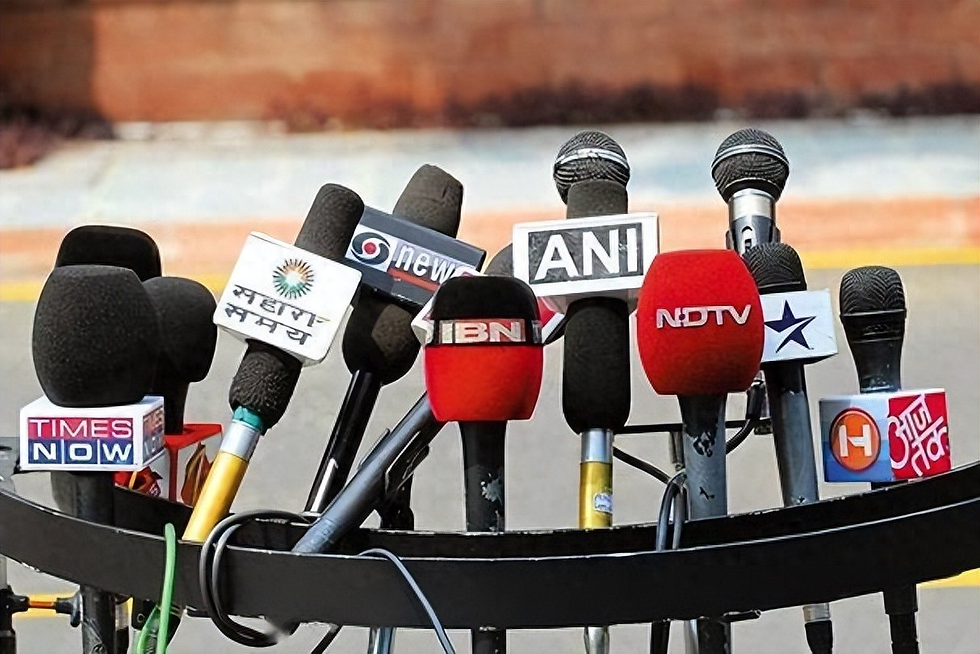The tension on the Korean Peninsula has escalated once again in recent times.
- CosDream News

- Jun 13, 2024
- 2 min read
Recently, tensions on the Korean Peninsula have escalated once again.
North Korea has not only released what it calls "garbage balloons" towards South Korea but also sent disruptive radio waves to border areas for several days.
Additionally, within one day, North Korea fired 18 large-caliber rockets into the eastern waters of the peninsula.
These provocative actions have elicited a strong response from South Korea, particularly under President Yoon Suk-yeol's administration.
According to reports, South Korea's Ministry of Unification issued a stern warning against North Korea's provocations, emphasizing that South Korea will take all necessary measures to ensure national and public safety if North Korea continues to provoke.
The Yoon administration has made it clear that it is closely monitoring North Korea's movements and stressed that South Korea will not stand idly by.
The "garbage balloons" from North Korea have drifted to various parts of South Korea, negatively affecting daily life and prompting emergency responses from relevant authorities.
It is believed that the large rockets fired by North Korea have the capability to strike across all of South Korea, further intensifying security pressures and the tense atmosphere.
President Yoon's firm response is seen as necessary and justified.
Any actions threatening South Korea's sovereignty and security will face resolute countermeasures, reflecting the responsibility to protect national interests and regional stability.
Failure by the South Korean government to effectively address such threats could lead to public questioning of its capabilities and further damage its legitimacy and credibility.
However, despite taking a firm stance, South Korea is not limited to military options alone.
Given the current international context, seeking peaceful means to resolve disputes through dialogue and negotiations appears wiser and more effective.
The South Korean government should actively seek dialogue opportunities with North Korea with the support of the international community, exploring paths for peaceful resolution of issues.
This approach not only helps reduce regional tensions but also protects South Korea's national interests and the safety of its people.
Peace and stability on the Korean Peninsula are crucial for regional and global security.
As one of the key countries on the peninsula, South Korea has a responsibility to peacefully address differences with North Korea and promote peace and development in the region.
The international community should play an active role in supporting and assisting inter-Korean dialogue and negotiations, collectively advancing the peace process on the Korean Peninsula and maintaining peace and stability regionally and globally.
In summary, facing provocations from North Korea, South Korea needs to take decisive yet cautious measures to protect national security and public life while seeking pathways for peaceful resolution.
Through dialogue, negotiations, and international cooperation, advancing peace and stability on the Korean Peninsula is a shared responsibility and common goal for South Korea and the international community.










Comments